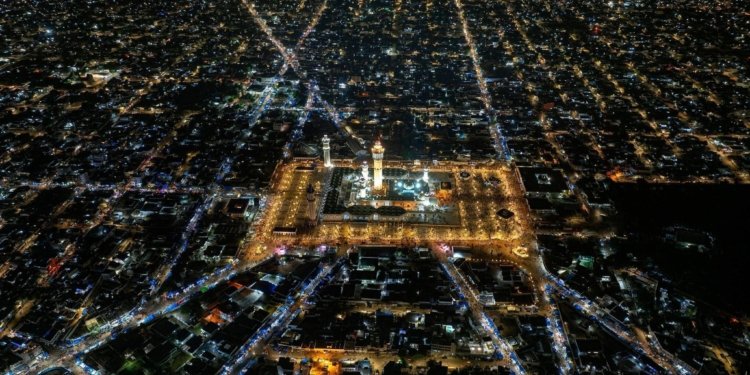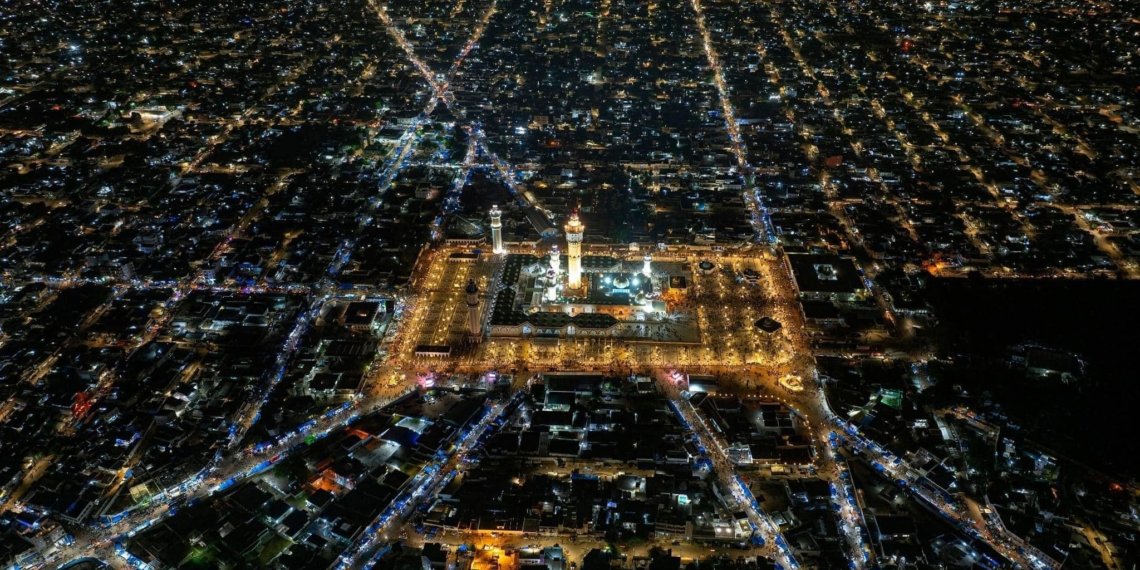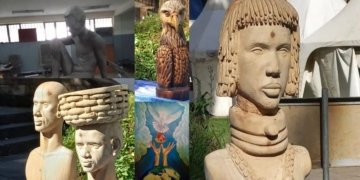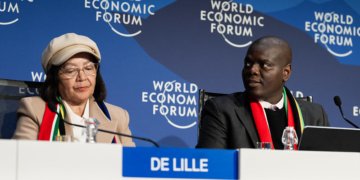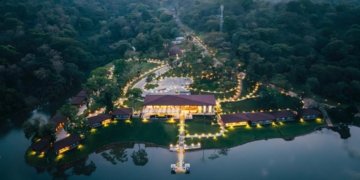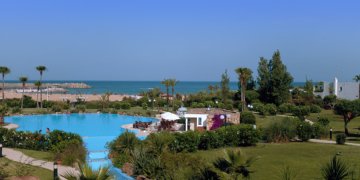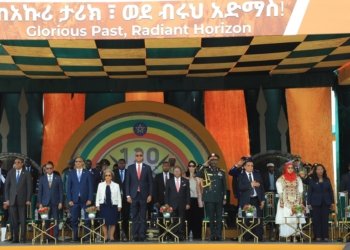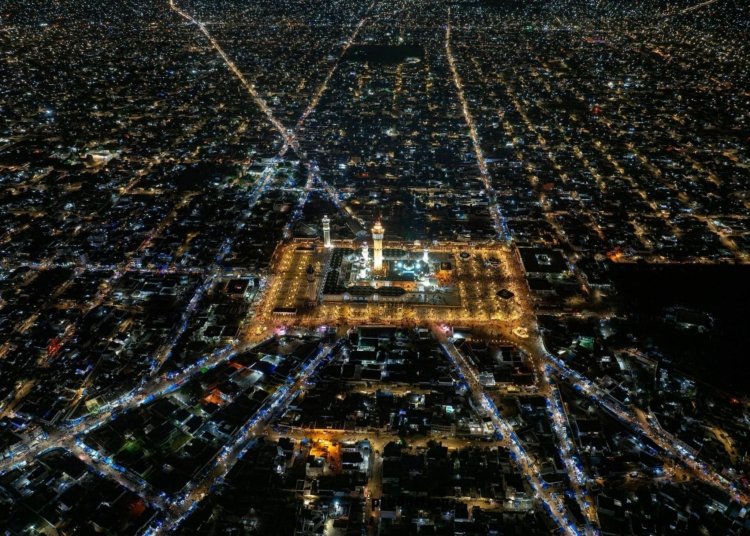Pilgrims from across the world are gathering in Touba for the Grand Magal, an annual religious event that transforms Senegal’s second-largest city into the center of one of Africa’s largest pilgrimages.
The pilgrimage commemorates the 1895 arrest and exile of Cheikh Amadou Bamba by French colonial authorities.
Held on the 18th of Safar in the Islamic lunar calendar, the Grand Magal has become one of Africa’s largest religious gatherings.
During the Grand Magal, daily life in Touba shifts to accommodate the influx of pilgrims. Makeshift clinics, prayer tents, and communal kitchens appear across the city.
Roads are filled with processions, Qur’an recitations echo through the streets, and markets operate around the clock.
Despite the crowds, the event is marked by a spirit of discipline and hospitality, with Mouride volunteers ensuring smooth logistics and services.
The city operates without a mayor or municipal budget, governed instead by the khalife général des Mourides, a religious authority that manages everything from infrastructure to social services.
The city’s unique governance model centers on the Grand Magal, an annual pilgrimage that draws between 3 million and 5 million visitors each year.
The event generates an estimated 250 billion CFA francs (€380 million) in economic activity, according to researchers at Ali Job University in Bambey.
Self-Funded Infrastructure
Touba finances its operations through three main sources: voluntary contributions from disciples, remittances from Mouride communities abroad, and profits from agriculture and trade ventures.
The Senegalese state provides limited services including security, sanitation support, and health reinforcement during the pilgrimage.
The religious authority handles urban planning, infrastructure development, and daily administration.
On Wednesday, President Bassirou Diomaye Faye issued a statement offering warm wishes to the Mouride community for the Grand Magal, calling for Senegal to remain a country of lasting peace and shared prosperity.
The Great Mosque of Touba, one of Africa’s largest religious buildings, continues expanding through community contributions.
During the Grand Magal, volunteers organize free meals, water distribution, and health services for millions of pilgrims without external donor support.
Economic Impact and Policy Innovation
Transport companies operate at full capacity during the pilgrimage, moving visitors from Blaise Diagne International Airport and regional hubs.
Farmers in Senegal’s peanut-growing regions increase production ahead of the event.
Local traders and artisans report order increases for clothing, religious texts, household goods, and food supplies.
The economic activity extends throughout the year through ongoing remittances and trade networks.
Touba banned smoking in all public spaces in 1980, 34 years before Senegal enacted national tobacco control legislation in 2014. Mouride authorities enforce the prohibition for religious reasons.
The measure has attracted attention from health advocates across Africa as an example of religious governance implementing progressive policies ahead of national governments.
Rapid population growth without state urban planning creates infrastructure strain. Waste management after the pilgrimage remains a persistent challenge.
Seasonal population surges stress water, electricity, and transport systems. City officials require coordination with national agencies for large-scale health and sanitation needs during peak periods.
The Man Behind the Vision
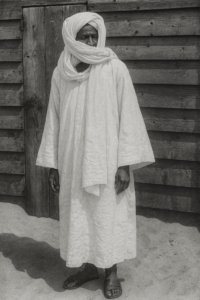
The governance model traces to Cheikh Amadou Bamba Mbacké (1853–1927), who founded the Mouride Brotherhood. French colonial authorities arrested and exiled him twice, first to Gabon in 1895 and later to Mauritania, accusing him of rebellion.
Bamba’s focus on moral renewal, self-reliance, and Islamic education became the foundation of the current system. His refusal to use violence and his extensive religious writings built a following that continues to define Touba’s operations.
The city demonstrates how faith-based governance can generate economic activity and maintain social services independent of traditional municipal structures.
Touba, Senegal – Bantu Gazette August 12, 2025
